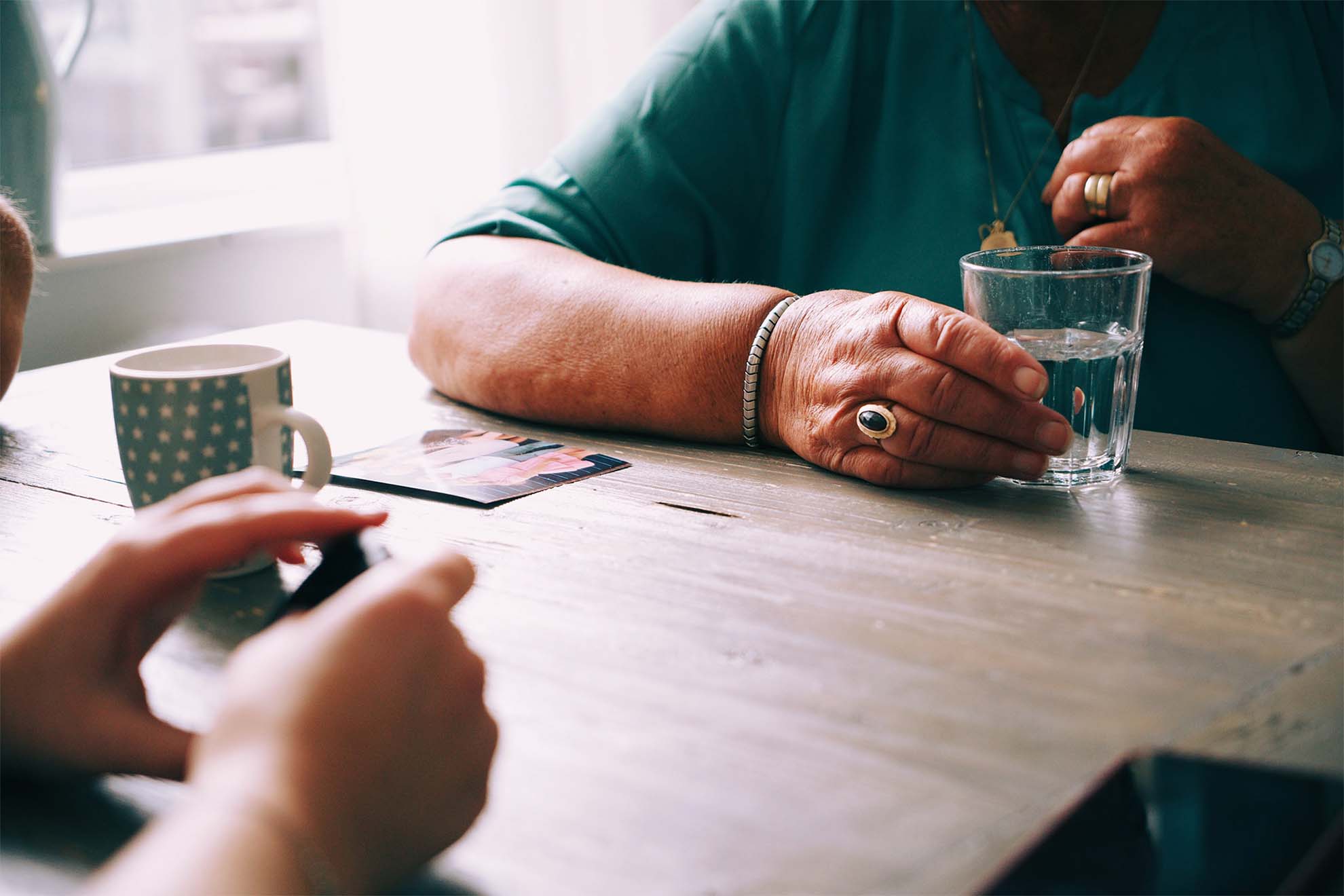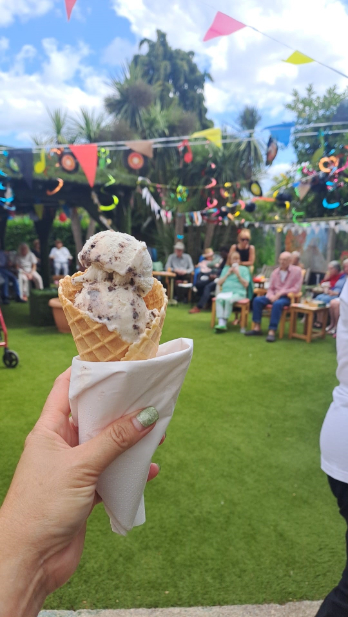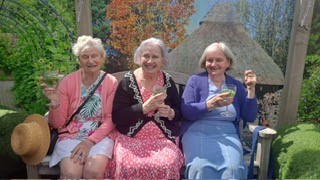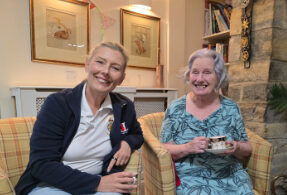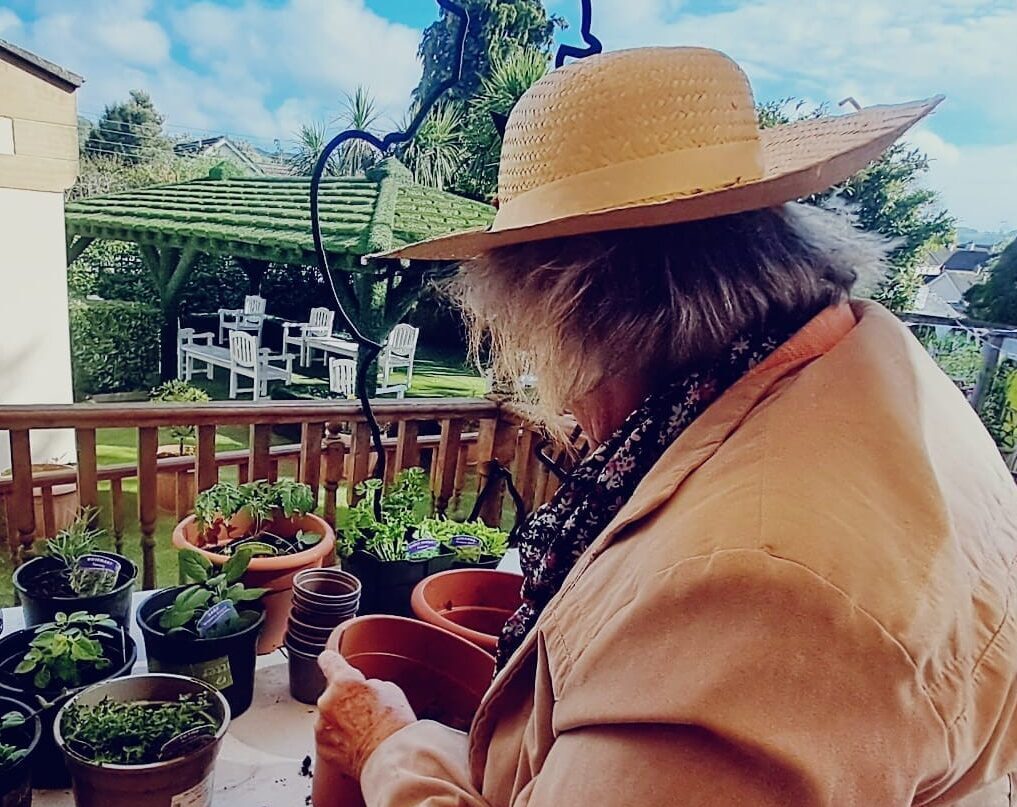The Importance of Activity Coordinators in a Care Home
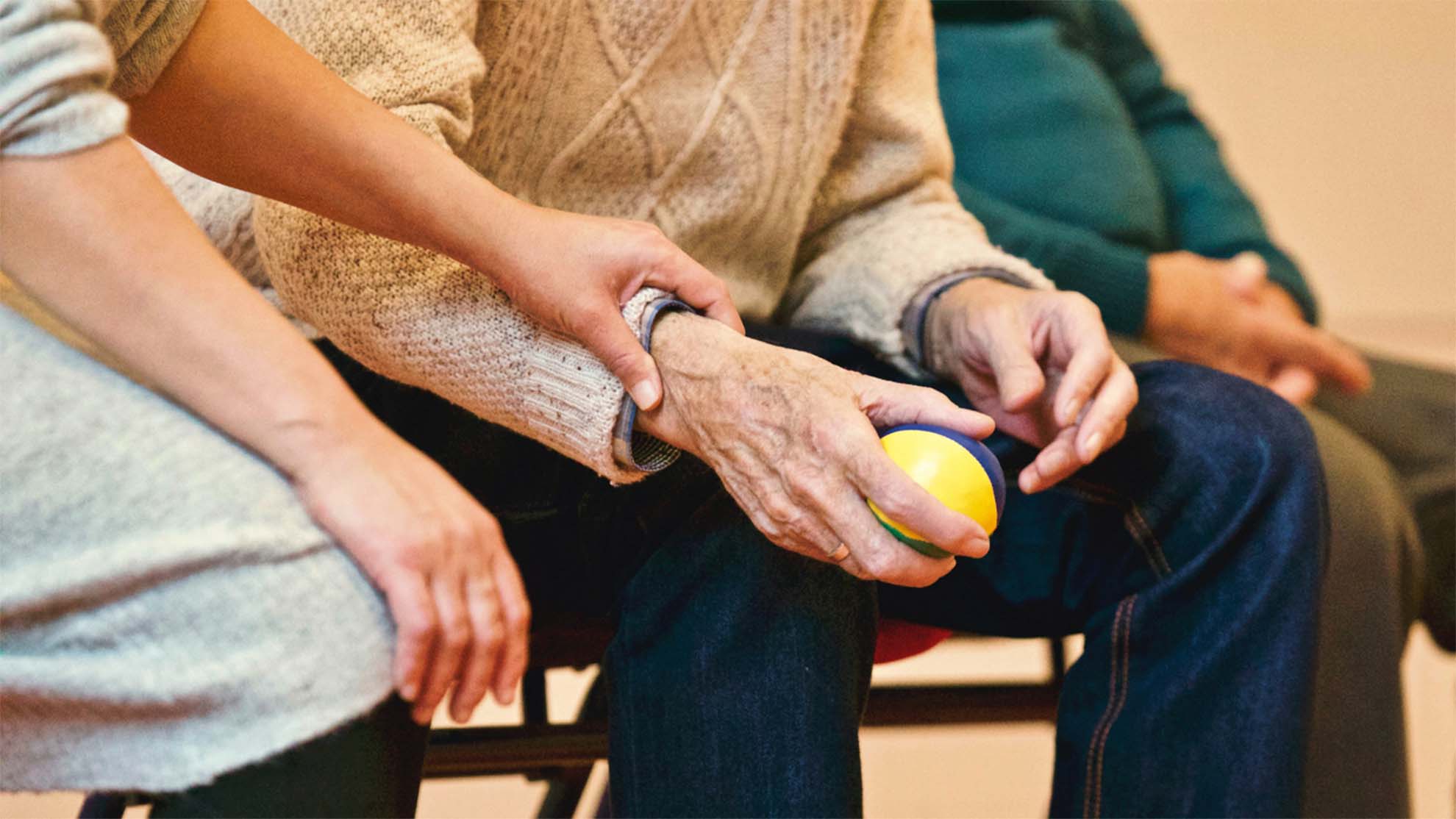
The Importance of Activity Coordinators in Care Homes
Care homes are more than just places where older people receive care and support, they are communities where residents should feel engaged, stimulated and valued. Activity Coordinators play a central role in creating this environment. By planning and delivering engaging activities, they help residents maintain their physical, emotional and mental well-being. Their work goes far beyond just entertainment, offering purpose, connection and enjoyment in daily life.
What Do Activity Coordinators Do in a Care Home?
Activity Coordinators get to know each resident’s interests, abilities and personal history so they can design activities that feel inclusive and enjoyable. They plan daily programmes, encourage residents to participate and adapt each session to meet differing physical and cognitive needs. They work closely with care staff and families to ensure activities reflect each person’s preferences and continually review their approach to keep activities engaging and suitable. Through seasonal events, themed sessions and sensory experiences, they help create a warm and stimulating atmosphere within the home.
What Types of Activities are Offered in a Care Home?
Care homes provide a wide range of activities tailored to residents’ needs. Physical activities such as gentle exercise, stretching, walking or dancing help maintain strength, mobility and balance.
Cognitive sessions, including quizzes, reminiscence activities, creative workshops and storytelling support memory, attention and problem-solving skills.
Social and recreational activities such as film afternoons, games, cooking sessions and celebrations encourage friendships and reduce loneliness.
Creative and sensory experiences, including arts and crafts, music therapy, baking and sensory stimulation, offer valuable outlets for expression, particularly for residents living with dementia.
Many homes also involve the wider community through visits from schoolchildren, local groups, volunteers and therapy animals, along with trips to local cafes, parks and events.
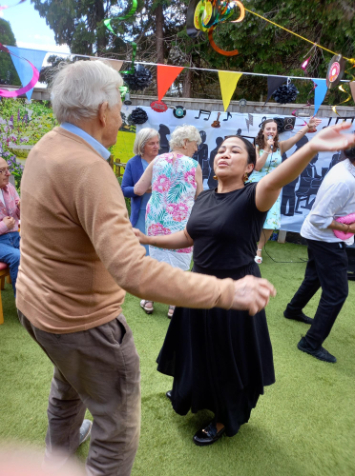
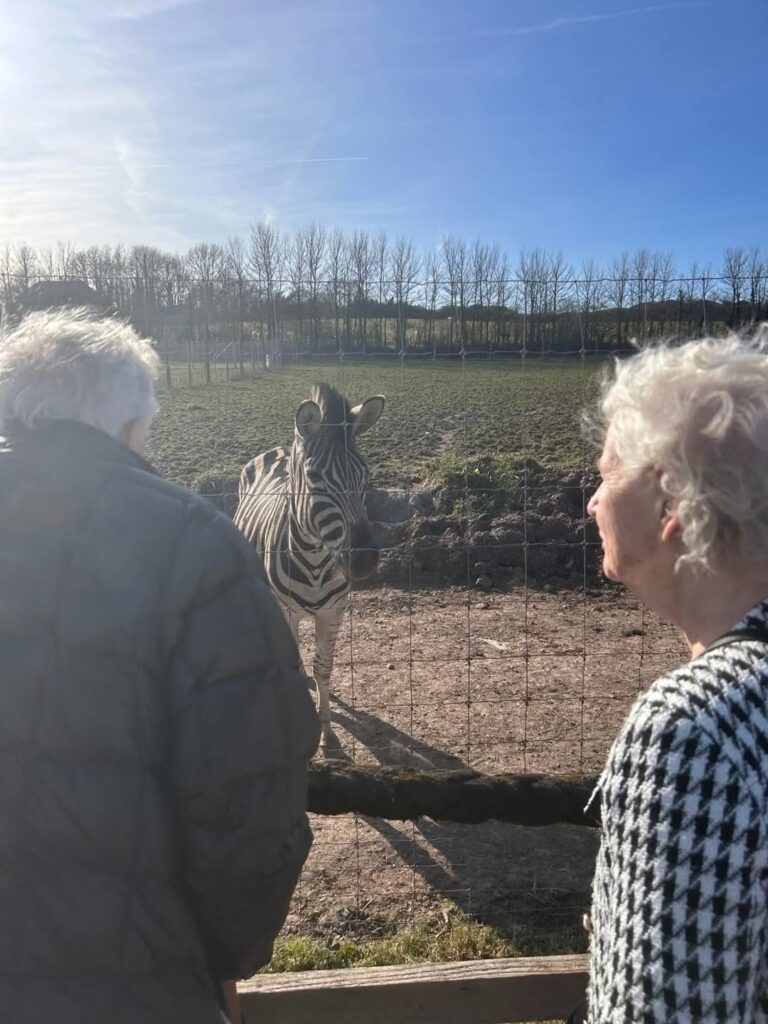
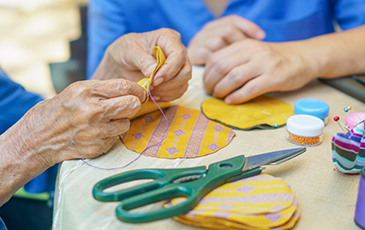
The Positive Impact on Residents
A well-rounded activity programme has a significant impact on residents’ overall well-being. Regular movement improves physical health and reduces the risk of falls. Cognitive and creative activities help maintain mental sharpness and emotional stability. Social sessions encourage friendships and reduce feelings of isolation, while meaningful daily engagement gives residents something to look forward to and increases happiness, confidence and self-esteem. Families also feel reassured when they see their loved ones participating in enjoyable, purposeful activities and many enjoy taking part in events themselves.
Specialist Activities for Dementia and Palliative Care Residents
For residents living with dementia or receiving palliative care, Activity Coordinators play a particularly important role. They design sessions that are calming, familiar and comforting, helping individuals maintain identity, dignity and emotional well-being. Reminiscence work, sensory activities, music and gentle one-to-one engagement can be especially beneficial, offering reassurance and connection at a time when it is most needed.
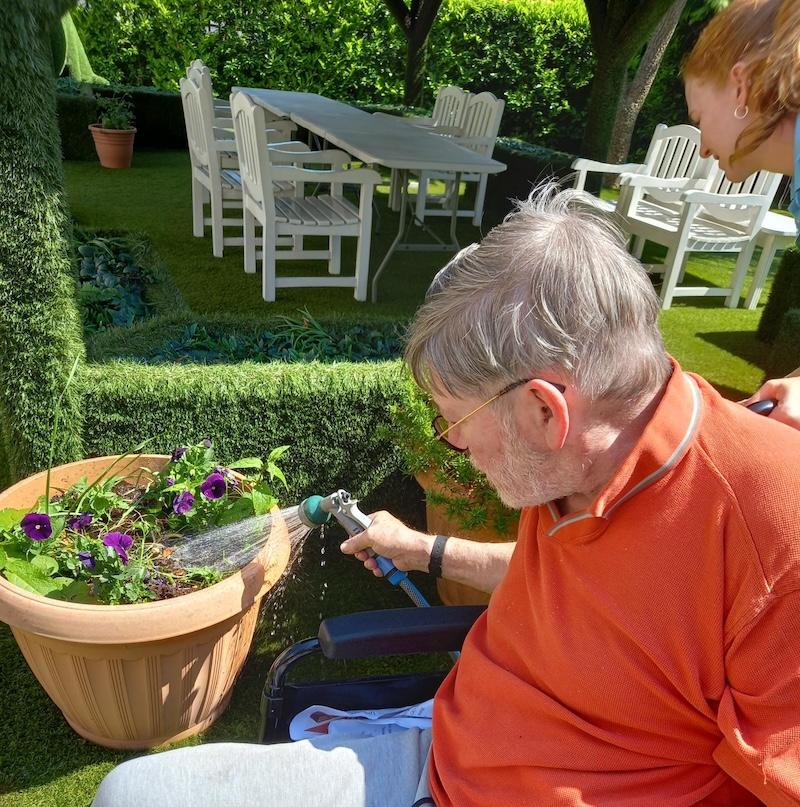
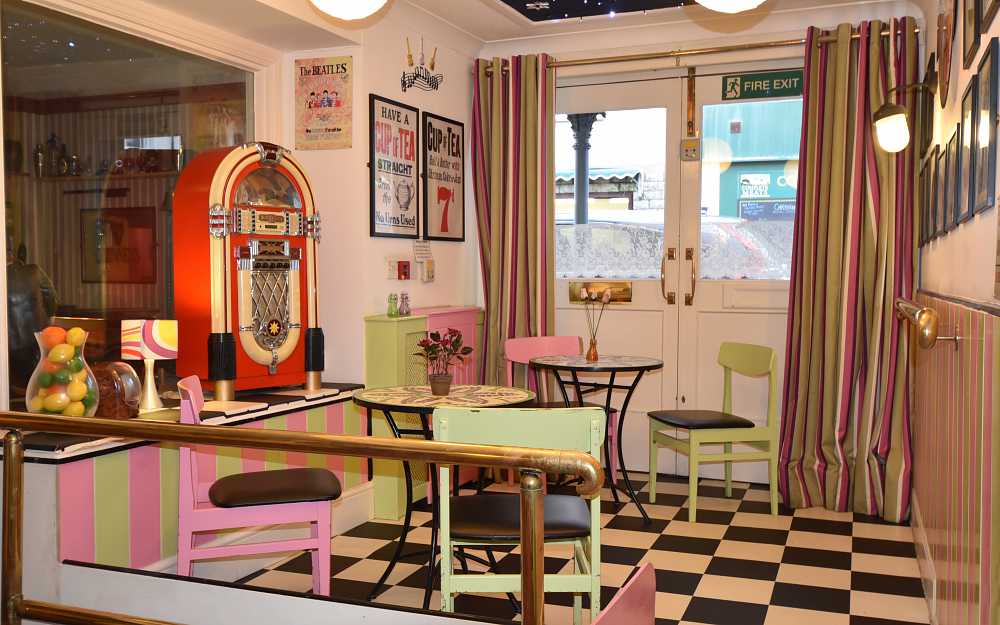
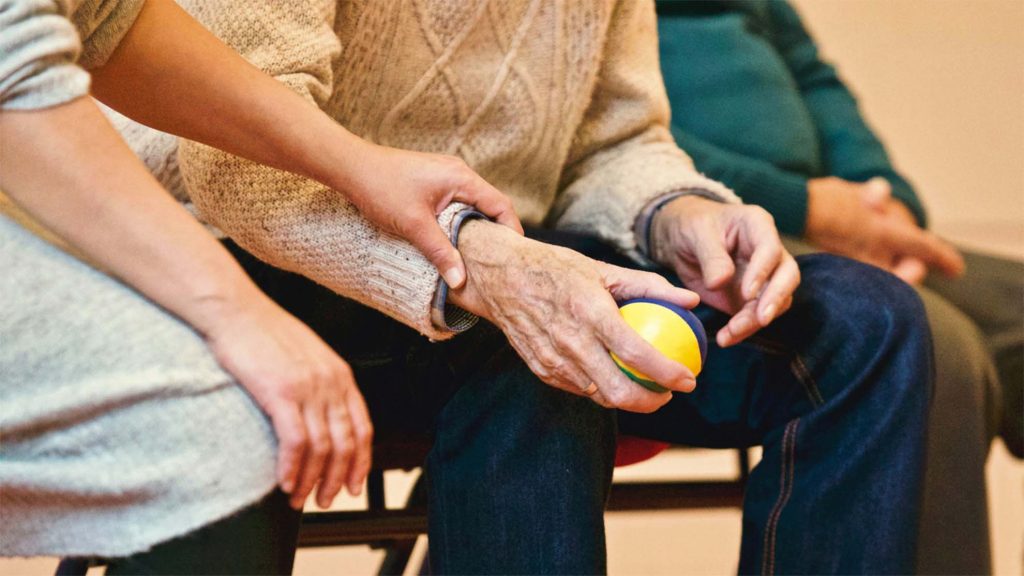
Training and Skills
To deliver safe, person-centred activities, Activity Coordinators receive training in dementia awareness, first aid, mental health and person-centred care. They rely on strong communication skills, creativity, empathy and the ability to adapt activities to different abilities. Good organisation and time management ensure that activities run smoothly and that residents receive the support they need.
Community and Family Involvement
Connections with the local community enrich daily life in care homes. Partnerships with schools, businesses and volunteers bring variety and joy into the home and encourage intergenerational engagement. Activity Coordinators also recognise the importance of involving families, inviting them to join events and helping them share meaningful moments with their loved ones.
Our Activities at Silverleigh Care Home
At Silverleigh Care Home in Devon, Activity Coordinators are at the heart of our residents daily life. Their creativity, dedication and person-centred approach help create a warm, lively and nurturing environment where residents can thrive. If you would like to learn more about the activities we offer or how you can get involved, please contact us.
***This blog post was updated on Monday 17th November 2025.***

